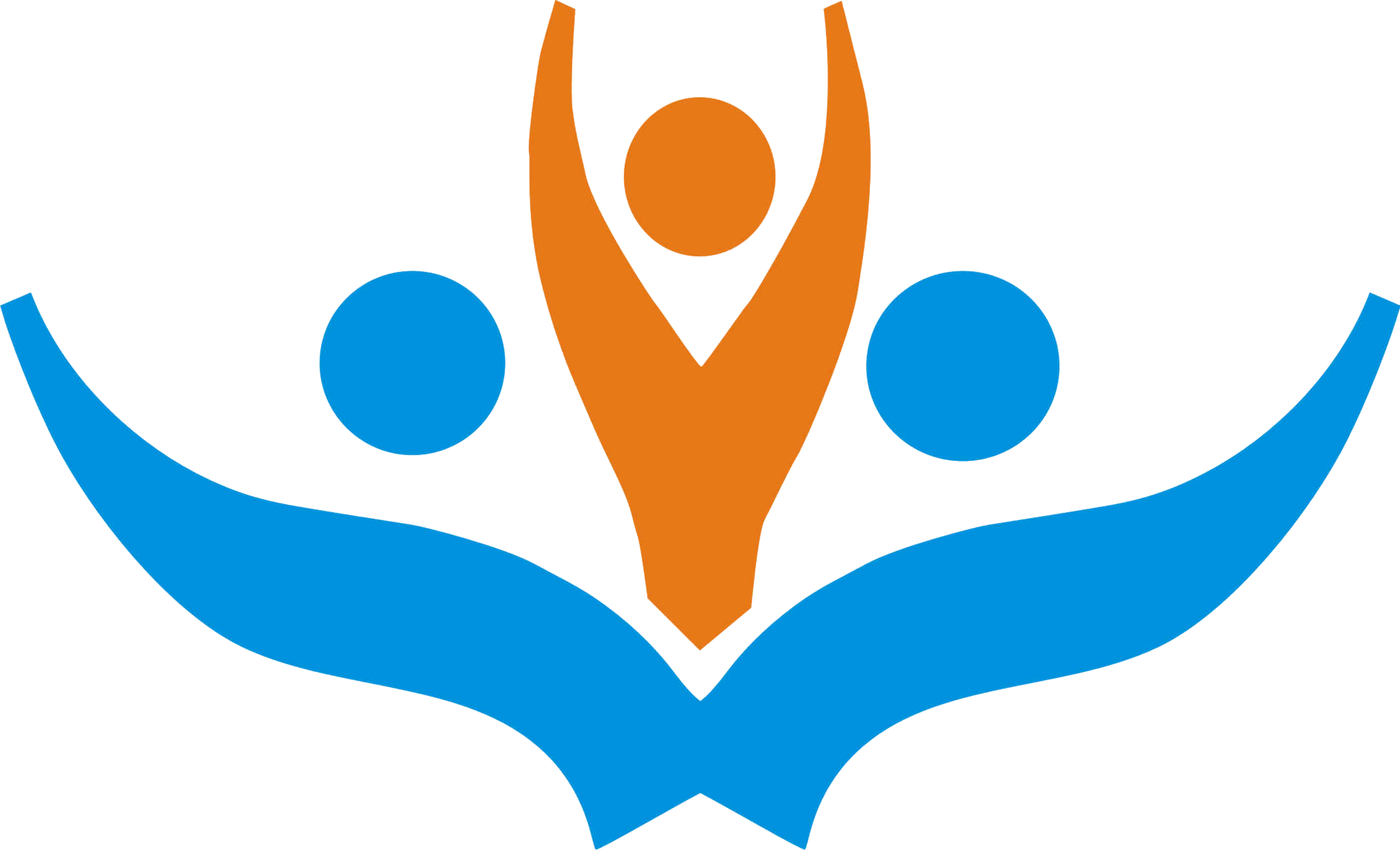
Emotional Disturbance in Children and Young People
Health is a natural and indispensable worry for all of us. It's a powerful interaction which changes every time. Being healthy is a blessing and fundamental. An individual with great health can work with good ability in short time, does not evade his duties, can work sensibly and never leaves things scattered as good health gives power and solidarity to his work. He additionally enjoys his food and appreciates life in each appendage.
Health is an upgrade in quality of life with self-improvement or positive practices and demeanor. If we take responsibility for our wellbeing, we can amazingly cope with our career attainments, proactive tasks and tackle emotional issues and stress with ease.
Being healthy is a priceless blessing throughout our everyday life. Keep up with it by physical exercise, walking, play, proper diet, enough rest and keeping anxieties away. Disabilities happen when we do not keep up with our wellbeing and get irresponsible with respect to our food, rest and sleep.
A psychological disease in which the ability to learn and intellectual growth gets effected due to carelessness is a mental disorder. The psychological issue is a sickness of the mind which influences behavior, feelings and moods of an individual. Generally, all of us encounter trouble, sadness or happiness, being healthy or sick, and at times it persists for a day, week or month. If these feelings disrupt our lives, then there's mental or emotional disturbance.
Various mental health issues can fall under the emotional disturbance category. They may include anxiety disorder, schizophrenia, bipolar disorder, obsessive-compulsive disorder and depression. Some of these may also be covered under ‘other health impairment’.
Emotions are mental stimuli that impact our daily life. Under normal conditions, they are not a reason for an illness, but if they go wrong they are considered as one of the major inner reasons for infection or disease. While the stress is on the psychological aspects of psychosomatic sicknesses, the pathological damage to internal organs is very real and quite genuine. It is notable and experienced that excess emotional activity causes extreme energy imbalances, blockages and organ impedances.
Emotional disturbances such as anxiety, depression and post-traumatic stress disorder tend to occur in later part of childhood. Sometimes they are difficult to be diagnosed early as many children would not have developed appropriate vocabulary and comprehension to express their emotions. Many health professionals too find it difficult to distinguish between developmentally normal emotions such as fears & crying and prolonged emotional disturbances that should be considered as disorders.
Emotional disturbances that include disordered eating behavior and low self-esteem are often associated with chronic medical disorders such as atopic dermatitis, obesity, diabetes and asthma, which lead to poor quality of life.
Emotions possibly become a reason for disease when they are excessive, prolonged or both. In spite of the fact that they are a distinct reason for it, they likewise have a solid partner. The very mental energy that produces and sustains excessive emotions can be utilized and coordinated towards creative and fulfilling aims.
Every emotion as a reason for a disease is just one side of the coin. The opposite side is a psychological energy that relates to the important organ, be it the liver, spleen, gallbladder, heart, digestive systems and lungs. For instance similar mental and affective characteristics of the liver, which might lead to anger and hatred over numerous years, can be harnessed and utilized for extremely innovative mental turn of events in the light of the fact that a sound liver/gallbladder network's functions can manifest in a decent equilibrium of firmness and flexibility, self-assuredness, conclusiveness, innovativeness and obligation to development and improvement.
Chetna Foundation's services work with children, young people, parents, care-takers and the wider family network to ensure the family is able to realize its full potential.
| Tweet |





